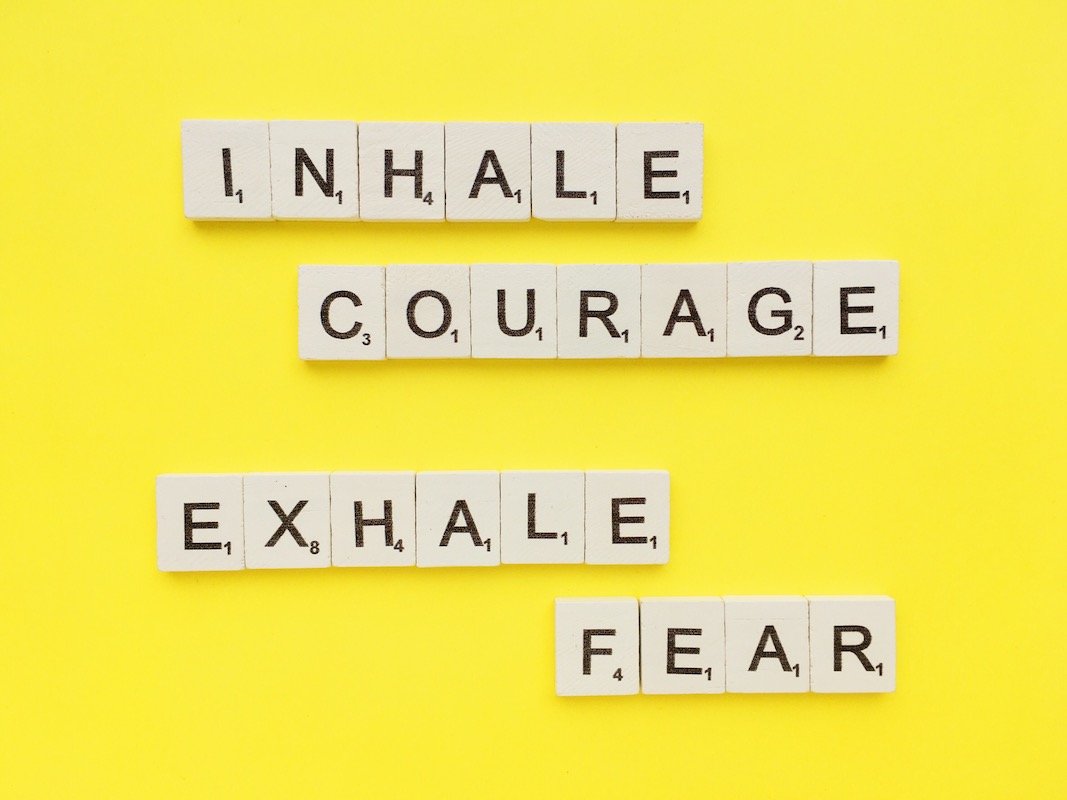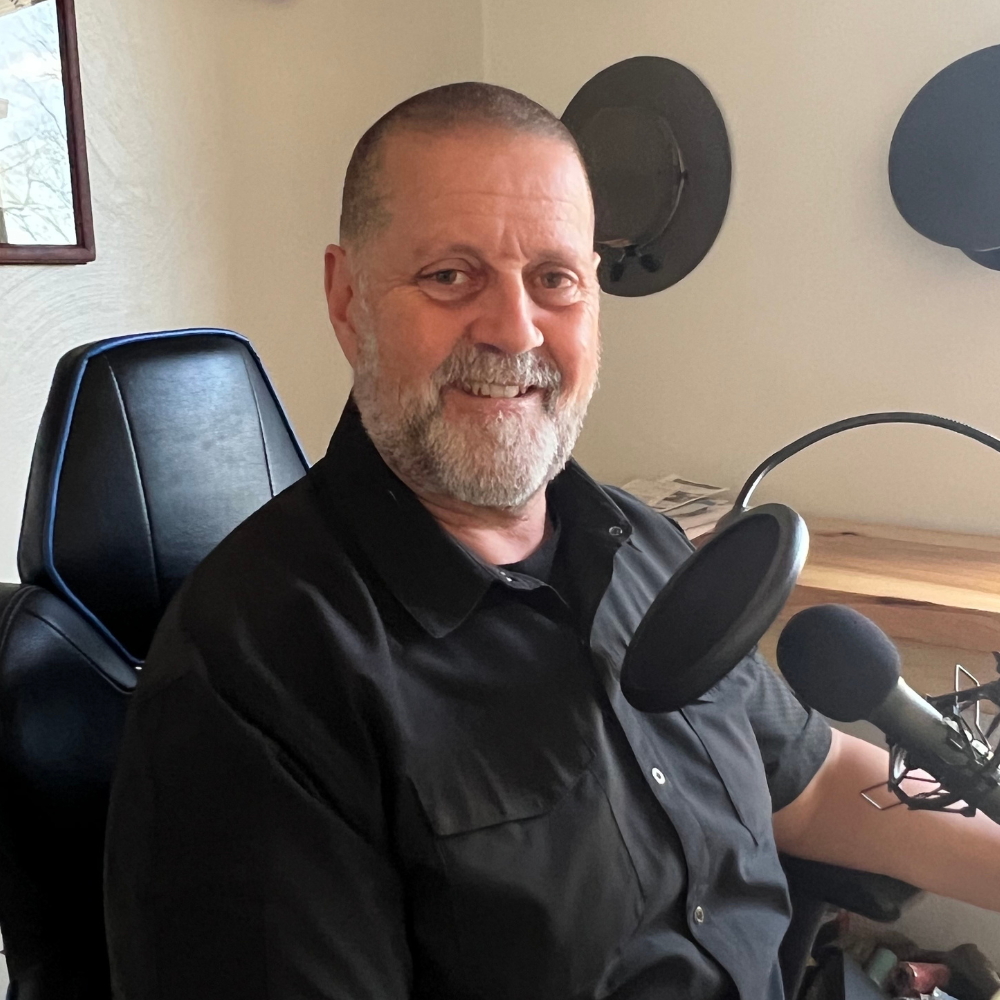Just to recap the last couple of months of the CrisisGo School Safety Series, in January we discussed the importance of building a strong foundation for your school safety program. In February we discussed the necessity of building a safety culture that is infused into everything we do. As we continue down this pathway to safety, we are going to take a look at what it takes to transition from inactive participants to active participants in school safety.
Let’s start by looking at the differences between someone who is an inactive participant and one who is an active participant in safety:
| Inactive Participant |
Active Participant |
|
Believes it is someone else’s responsibility to keep them safe.
|
Believes it is their responsibility to keep themselves and others around them safe. |
|
Waits to told what to do.
|
Understands what needs to be done during an emergency and does it. |
|
Says that it is not their job and doesn’t want to learn what they are supposed to do.
|
Becomes a student of school safety and proactively seeks knowledge and to build new experiences and skills. |
|
Creates anxiety and lacks resiliency.
|
Takes control of their wellbeing and builds resiliency as their skills and knowledge and experience grow. |
|
Lacks the ability to appropriately respond to an emergency and relies on hope and luck to get them through an event.
|
Builds the ability to respond to emergencies and DOES NOT rely on hope and luck to survive, they take matters into their own hands. |
I like to remind people that school safety is a VERB, not a noun. To get school safety correct, we have to participate in it everyday, not just once every month or so. In order to make the transition from an inactive participant to an active participant, there has to be a complete paradigm shift. The goal of participation in school safety is to make sure we (you specifically) do everything we can to give you the best opportunity to survive any emergency, not just a fire and not just while you are in a school setting. We want you to have the best opportunity to survive anywhere you might be. To know what you need to do to survive, when you need it most; when you are with your students, your families, your friends, or on your own.
We have found that those who actively participate in their own safety, experience less stress during an emergency. They became better problem solvers and more confident in other aspects of their lives. So how do we transition from an inactive participant to an active one? Here are a few suggestions that will help you through your transition:
- Be bold and take the first step.
- Become a student of safety: Do the research and ask questions.
- Challenge the status quo.
- Play the “What if game”: What if this or that happens, what would I do?
- When thinking about a given scenario, work through that, then change the scenario slightly; maybe the time of day, or the location on your campus; or how/what the trigger for the scenario was, etc.
- Be willing to fail and learn. As the late great John Wooden once said, “Don’t be afraid of failure, but learn from it.”
- If you don’t understand, ask for clarification. If someone else doesn’t understand, give them clarification.
Time for one of Kelly’s Stories: When I was a commander, an acquaintance of mine (we’ll call him Jim) from outside of work contacted me to complain about one of my deputies who was driving and didn’t yield at the crosswalk. Jim said he was crossing the street and stepped into a crosswalk and he looked up and saw the deputy approaching his location. He continued to walk, but the deputy wasn’t slowing down, forcing him to jump backwards to avoid being hit by the deputy. Jim was unable to provide any identifying information regarding the deputy, but did recognize the deputy was looking at their cell phone as they passed by. Jim acknowledged he saw the deputy before entering the crosswalk and knew the deputy was required to stop so he just proceeded to cross the street. I told him I would attempt to identify the deputy and reprimand him/her if I could. Then I asked, “why did you enter the crosswalk with a car that was approaching?” His reply, because the law requires them to stop for pedestrians. I agreed with him, but also pointed out that the law was no good, had he continued in the crosswalk and been hit and killed by the approaching car. Jim was an inactive participant in his own safety and relied on someone (or in this case, the law) else to protect him. When he jumped backwards, he decided to actively participate in his safety. However, if he had participated much earlier in this scenario by observing the approaching vehicle and waiting until the deputy either passed, or yielded at the crosswalk, everyone would have been much safer.
Let’s take a quick look at the anxiety piece regarding safety. Many of us become anxious when we lack confidence, knowledge and experience; especially when we are anticipating the unknown or unexpected. During training scenarios, drills and exercises, we have found that nearly all of the anxiety and stress experienced is self-induced based upon not wanting to fail based on the lack of confidence, knowledge and experience. Not wanting to fail in front of our peers; not wanting to be wrong can be so powerful that they will prevent us from protecting ourselves and those we are responsible for. The simple solution to this is shifting your paradigm from being an inactive participant to an active participant. You need to make your weaknesses your strengths and you do this by participating more. You know how to become a better runner or swimmer? You do more of that; you run more, or you swim more. The more you run and swim, the better you will become. The more confident you will become. The more knowledge you will gain, and the more experience you will gain. This in turn will reduce your anxiety and stress and you will perform better in all that you do.












No Comments Yet
Let us know what you think